Should seniors take the COVID-19 vaccine? A guide for the elderly and their carers.
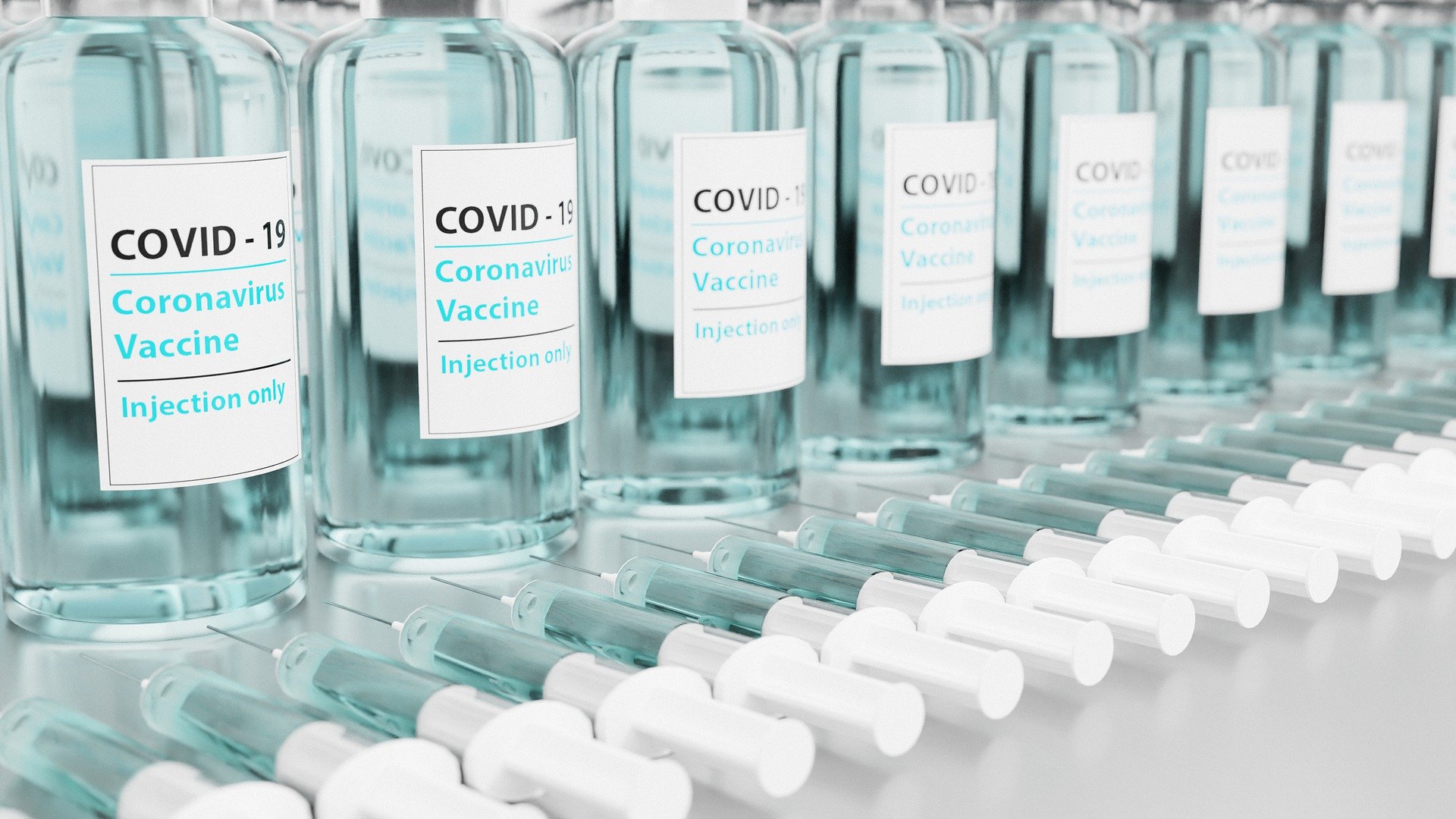
It’s been almost a year since the worldwide community first started locking down due to the COVID-19 pandemic. The situation is still mostly uncertain, but we may finally be seeing some light through the dark clouds with the roll-out of the COVID-19 vaccines. That said, some people may have questions lingering in their minds about the vaccines and we’re here to settle some of them.
Question 1: Which vaccines are going to be made available in Australia?
So far, there are 4 candidates for the roll-out, namely Pfizer (BioNTech), Novavax, AstraZeneca (Oxford University) and COVAX Facility. The initial target date for the vaccinations was for late March but recent update have moved the roll-out programs up to late February.
Question 2: Are the vaccines safe?
Vaccines, in this case the COVID-19 vaccines, go through rigorous testing and approval processes before they are allowed for use in Australia. The Therapeutic Good Administration or TGA tightly assesses the safety, quality and efficacy of the vaccines before giving the approval for use.
The TGA is also closely monitoring the development of vaccines in the country and all over the world. It also belongs to a global regulatory network that reviews and discusses he development of the vaccines.
Basically, the vaccines that are officially allowed for use in Australia are thoroughly tested and monitored to ensure that they are as safe as possible.
Question 3: Who will be prioritised when the vaccines first arrive?
According to the government’s plan, Phase 1a will deliver vaccines to about 678,000 people. This first group will include frontline health workers, quarantine hotels staff, and border workers. The jab will also be administered to staff and residents of aged care and disability care facilities.
After this batch, they will be followed by seniors aged 80 above, then 70- to 79-year-olds. Elderly individuals at 60 to 69, and 50 to 59 years off age will come next, and then finally, the rest of the population. The government hopes that the entire country, at least those who hope to be vaccinated, should receive their complete doses by the end of the year.
Question 4: Do I have to be vaccinated?
It is strongly encouraged that Australians get vaccinated however, it isn’t mandatory. Take note that it will be available for everyone and will come at no cost to those who avail of them.
Elderly individuals and those who are immunocompromised are particularly at risk for serious effects of COVID-19 and thus, while it is still your choice to be immunised, it is mostly recommended and you are in the priority group.
Question 5: What are the benefits of the vaccine?
Consenting to the vaccine reduces your risk of developing the more serious complications of COVID-19 if you do get infected.
While it’s yet unclear as to whether the vaccine will prevent the virus’ spread, or for how long its protection will last, what’s currently known is that vaccinated individuals who do get COVID-19 tend to experience milder symptoms and recover more quickly. Essentially, as with most vaccines, it’s not 100% effective but it does provide better protection from the coronavirus than not being vaccinated.
Question 6: How do I prepare for my jab?
There are a few things you can do while you get ready for your vaccine appointment. Chief among them is to speak to you GP so you can make an informed decision about how to move forward. Then, ensure that your (or your elderly relative’s) Medicare information is current. You can do this by checking your Medicare online account or calling the Medicare program at 1300 169 468.
However, if you don’t have it set up yet, you should check your eligibility and enrol first. (In case you’re not eligible for the Medicare, get an Individual Health Identifier or IHI here.
A few things to note for your appointment date:
- You shouldn’t push through with your vaccination date if you are not feeling well, especially if you have symptoms resembling COVID-19 like cough, fever, colds, or a runny nose.
- If you’re being isolated due to having tested positive with COVID-19, or are under quarantine, please do not proceed with your appointment.
- Other reasons you should not attend your vaccination appointment are if you are still waiting for your COVID-19 test results or are a close contact of a COVID-19 patient.
- Don’t forget to mention if you were very recently vaccinated (14 days prior) and if you have previously received another COVID-19 vaccine.
Aside from that, you should make sure that your doses are properly spaced apart, with at least three weeks between doses. During this period, you should still follow proper health and sanitation protocols especially as the COVID-19 vaccine’s protection will start working a week or so after the second dose.
Question 7: Is there anything I should bring to my appointment?
You will need to bring some identification and medical information during your vaccination appointment.
- ID card with photo
- Your Medicare card
- An employee ID, especially if you are receiving the vaccine due to your occupation (frontline health workers, border workers, quarantine hotel works, and the like)
- Medical history regarding conditions like allergies, comorbidities, bleeding disorders
- Medical history surrounding medications including blood thinners and EpiPens
- Information about adverse reactions to medications or vaccines you previously took
- A face mask, depending on the guidelines in your location
Now you don’t necessarily have to, but it would be great to have a support person (relative or carer) to accompany you on your vaccination appointment. A companion can reassure or comfort you during the event and it’s nice to have someone to celebrate with afterwards.
Question 8: What should I expect after receiving the vaccine?
While serious allergic reactions to the COVID-19 vaccines are rare, there is a chance that you may have minor side effects although they don’t last more than a few days. Typically, you’ll feel some swelling and muscle pain at the point where the vaccine was injected, and you may also experience a mild fever, headache, and fatigue.
Some less common reactions are nausea, insomnia and itching at the injection point.
That said, if you experience something more or have some concerns, you may ask your GP, nurse or pharmacist. You may also ask your immunisation provider questions on the day of your appointment.
Question 9: Should I wear masks even after I’ve been immunised?
If your state or community requires mask-wearing, then you should continue doing so. As mentioned above, the COVID-19 vaccine is does not guarantee that you will not get infected by the coronavirus, nor does it prevent the spread of the virus. So even when you’ve received both vaccine doses, it’s still a good idea to follow the health and safety protocols developed for COVID-19, both for your sake and for the people around you.
Please refer to your state and local governments’ advisories regarding these. But we believe it’s always best to stay safe and healthy!
Kalinga Health is here to support home-bound seniors who need carers
Kalinga has a growing roster of experienced and vetted carers, so if you or your elderly loved ones need assistance at home, we’ve got you covered. Give us a call at +61 435 358 222 or e-mail us at info@kalingahealth.com.au today. We’re here to take your questions and help you find the solution to your home carer needs.




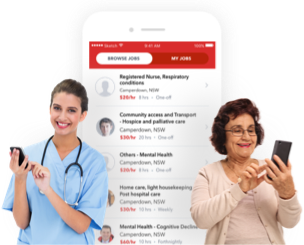
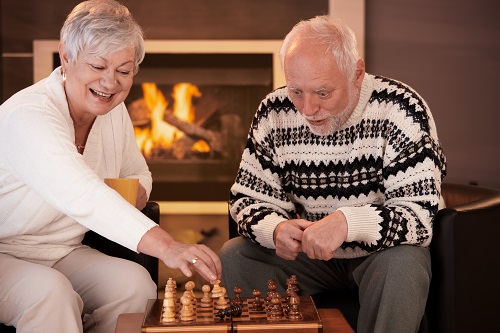 Why the Elderly Get Sick During the Winter and How to Stay Healthy
Why the Elderly Get Sick During the Winter and How to Stay Healthy
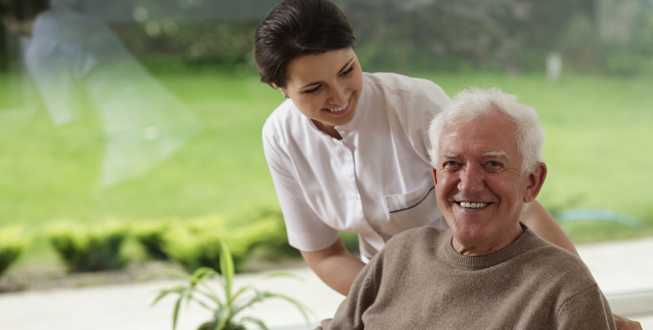 Helping the Elderly Adapt to Technology
Helping the Elderly Adapt to Technology
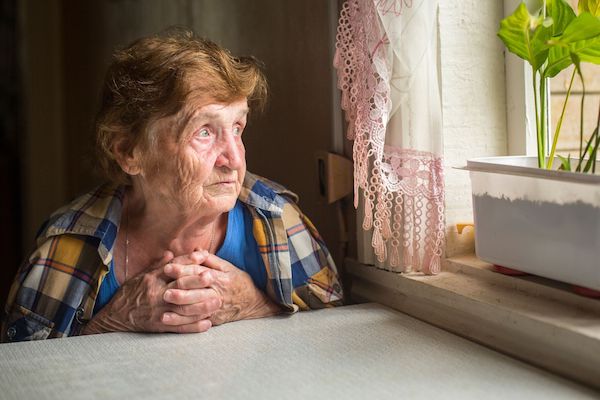 All About Social Isolation in Seniors
All About Social Isolation in Seniors